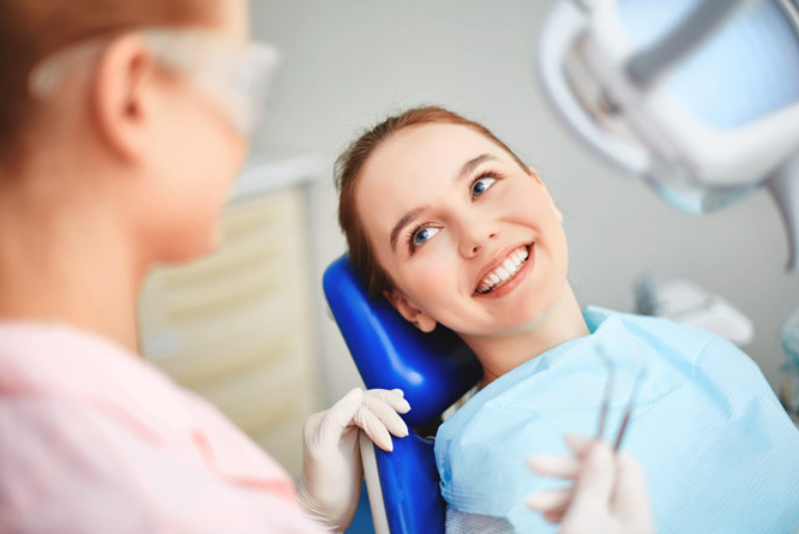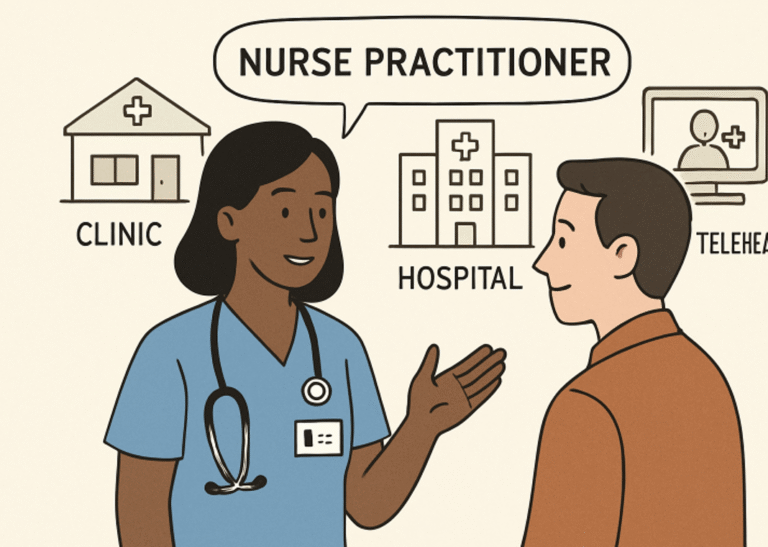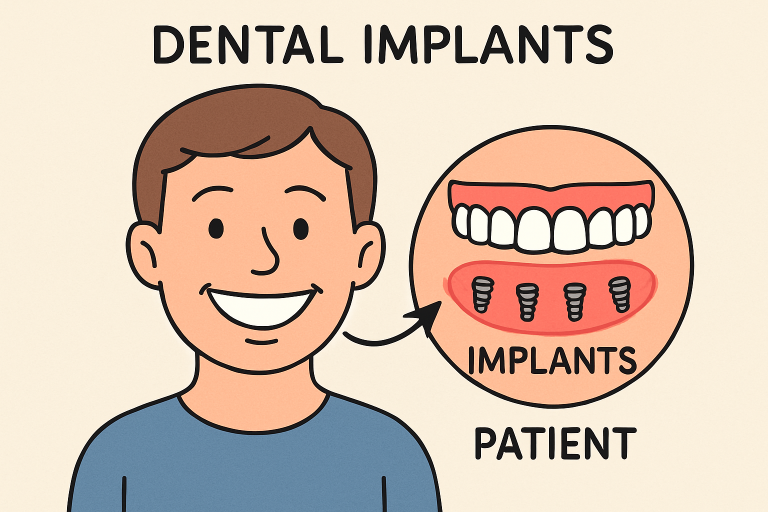From Service to Self-Care: Prioritizing Oral Health in Civilian Life
Life After Service: Adjusting to New Routines
Transitioning from military service to civilian life is one of the most profound changes many will ever experience. Leaving the structured and highly scheduled world of military living often means the loss of routine health checkups, including dental care. Regular dental visits and health check-ins are a built-in part of service in the armed forces, making it easier to keep up with oral health responsibilities. Once those reminders fall away, oral care can become less of a priority as individuals juggle new jobs, family roles, housing arrangements, and personal challenges. Adapting to a civilian schedule requires building new habits and learning to take ownership of one’s health without the same external support previously available.
This shift is an opportunity to develop a more personalized approach to self-care that empowers individuals to take proactive steps toward their well-being. For many, integrating dental health into everyday life means researching options and finding reliable pathways to care. Here, programs like VA dental can offer a lifeline, providing access to benefit plans specifically designed for those transitioning to civilian life. This makes it possible to keep routine care and preventive visits a regular priority, helping to protect long-term oral health amid change.
Why Oral Health Matters Beyond Uniform
Maintaining good oral health is about much more than appearance or fresh breath. Research has shown that the health of your teeth and gums is closely tied to your overall physical wellness. Gum disease, for example, is now recognized as a risk factor for serious health issues such as heart disease, uncontrolled diabetes, and even respiratory infections. When oral hygiene slips, it opens the door to cavities, gum infections, and tooth loss—all of which can impact nutrition, speech, and quality of life.
The routines instilled during military service—discipline, punctuality, and keen attention to personal readiness—can be leveraged for successful oral self-care post-service. Recognizing the connection between oral and overall health provides strong motivation to keep up with daily brushing, flossing, and making time for checkups, even when busy civilian life gets in the way. This approach also helps avoid unexpected health setbacks and expensive emergency dental visits in the future.
Common Dental Challenges After Service
Many transitioning service members discover that civilian dental care is complex and less straightforward than what they were accustomed to in the military. Various insurance plans, dental providers, and appointment systems can be confusing. This can result in periods without adequate coverage, making prioritizing preventive visits or procedures harder. These obstacles heighten the risk of dental problems going unnoticed or untreated until they lead to pain or visible issues that can no longer be overlooked.
Compounding these logistical difficulties and financial uncertainties can make people hesitate before making an appointment for something perceived as non-urgent. The gap in regular checkups means issues like small cavities or emerging gum disease may only be found when they are much more serious. For many, navigating paperwork and understanding what services are covered becomes another hurdle that may inadvertently push oral health down the list of priorities during transitional periods.
See also: Exploring the Role of Technology in Improving Mental Health Care
Building a Strong Oral Care Routine
Consistency is essential for dental wellness. An intense at-home oral care routine can prevent common dental issues without frequent professional visits. Brush twice daily with fluoride toothpaste to protect enamel and fight decay. Floss once daily to remove food particles and plaque, reducing gum inflammation and cavities. Using an antimicrobial mouthwash can further reduce bacteria and freshen your breath. Remember to replace your toothbrush every three to four months or after illness for effective cleaning.
Incorporating these habits into your daily routine can significantly improve your dental care. Try linking dental care activities to familiar events, such as brushing your teeth after your morning coffee or including it in your bedtime routine. Additionally, using smartphone reminders and ensuring easy access to dental supplies can make oral care feel effortless rather than burdensome.
Choosing the Right Dental Benefits
With many dental benefit plans available, it can be overwhelming to choose the right one. Former service members should focus on preventive care plans—like checkups, cleanings, and X-rays—as these help catch issues early. Some plans also include treatments such as fillings and crowns, providing peace of mind for various needs.
Check which dentists are ‘in-network’ to minimize costs and simplify scheduling. Seeking recommendations from friends, family, and fellow veterans can help you find a suitable provider. Taking the time to compare options will save money and ensure you receive the support needed for oral health.
Financial Considerations for Dental Care
Dental care costs often cause anxiety, especially for those with fixed or fluctuating incomes. Research shows that over a third of working-age adults skip dental visits due to cost, but neglecting care can lead to more expensive problems. To prepare for emergencies, consider creating a small dental savings fund.
Preventive care is key; early detection typically results in simpler and cheaper treatments. For those on tight budgets, community clinics, dental schools, and public health offices offer reduced-cost care without sacrificing quality. Always inquire about payment options, discounts, or veteran programs to help lower costs. Protecting your oral health can save money and improve your overall well-being.
The Link Between Mental Health and Dental Well-being
Mental health and dental well-being are deeply intertwined. Living with stress, anxiety, or depression can make even simple daily routines—including brushing, flossing, or booking appointments—feel overwhelming. In turn, ongoing dental pain, unsightly dental problems, or lost teeth may discourage social activity and impact self-esteem. These factors often reinforce each other, creating a cycle that can be difficult to break.
Being mindful of this connection is essential. Taking steps to prioritize mental well-being, whether through counseling, support groups, or making time for physical activity, can have a tangible effect on maintaining oral health routines. For some, building community with others who have experienced the service-to-civilian transition and understand its unique challenges can be especially supportive. Support systems foster motivation and consistency, both vital for sustaining oral health.






